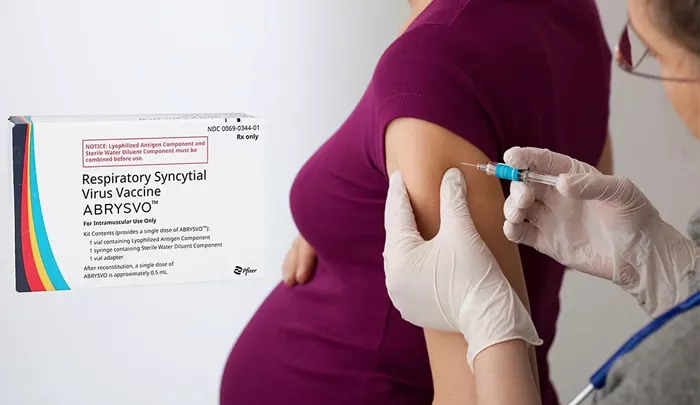A recent study published in the American Journal of Obstetrics & Gynecology shows that vaccinating pregnant women earlier within the approved 32- to 36-week gestation period significantly improves the transfer of respiratory syncytial virus (RSV) antibodies to their newborns.
RSV Risks in Infants and Preterm Babies
RSV is a leading cause of illness and hospitalization in infants under six months old, affecting 2% to 3% of this age group. Preterm infants are at especially high risk, accounting for 25% of pediatric RSV hospitalizations. To reduce these risks, health organizations recommend RSV vaccination during pregnancy.
Study Focus: Timing of Maternal Vaccination
Researchers noted that fewer than half of clinical trial participants received the vaccine during the approved 32 to 36 weeks gestation window. This left a gap in understanding how vaccination timing affects the transfer of protective antibodies from mother to baby.
To address this, the prospective cohort study evaluated pregnant women vaccinated with the Abrysvo RSV vaccine. The study also measured antibody transfer from the Tdap vaccine given before 30 weeks as a benchmark for placental transfer efficiency.
Measuring Antibody Transfer
The study included samples from 20 mother-infant pairs before RSV vaccination was available to compare natural infection responses with vaccine-induced immunity. Blood samples were collected from mothers at admission and from umbilical cords at birth. Transfer ratios were calculated by comparing antibody levels in cord blood to maternal blood.
Key Findings
- Vaccinated mothers showed significantly higher levels of antibodies against the RSV fusion protein compared to unvaccinated mothers with prior RSV infection.
- Cord blood antibody levels exceeded maternal levels, demonstrating efficient antibody transfer.
- Although antibody levels declined by two months of age, they remained sufficient to provide protection against RSV-related respiratory illness up to 90 and potentially 180 days after birth.
- Timing of vaccination was critical: antibody transfer was less efficient when vaccination occurred just 2 to 3 weeks before delivery compared to 5 to 6 weeks or more. Transfer ratios were highest when vaccination was given more than 6 weeks prior to birth.
Conclusion
The study concludes that vaccinating pregnant women at least five weeks before delivery maximizes the transfer of protective RSV antibodies to newborns, offering better early-life protection against RSV.
Related topics:


